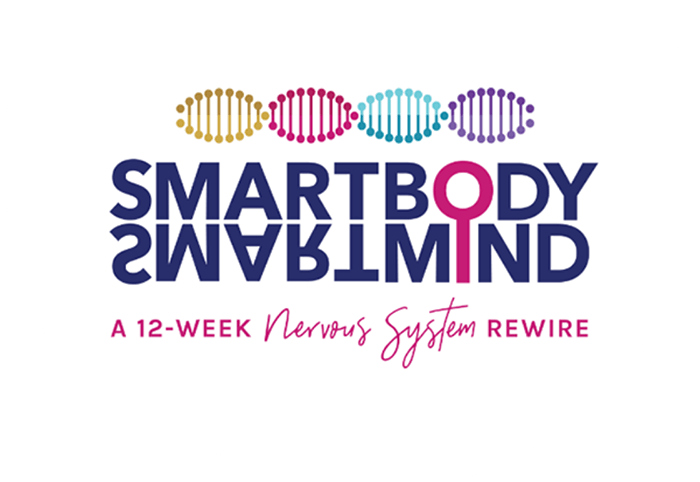This section addresses the following questions:
- I’m wondering what is meant by ‘tone’ in the context of low dorsal tone? I understand what low dorsal tone involves, just not what ‘tone’ actually is in this context.
- Does the ventral vagus nerve regenerate? How does the tone change through this work? Is it a lasting change or will I always be prone to dysregulation because of C-PTSD?
- How do you keep a lot of ventral vagus tone when you are alone? I have prenatal trauma, so more early shock than developmental trauma, slow heart beats ever since, and no strong voice. Do people who were better wired from the start ‘get a reserve of social engagement energy’ they can survive on longer than me?
When we say ‘tone’ we simply mean the amount of energy. High tone is a lot of energy, low tone is a little bit of energy. In the context of the dorsal vagus, this is the difference between getting ready to die, and successfully living! The high tone dorsal vagal response is the Freeze response, the last ditch effort of the organism to survive, or at least to be more numb to the experience of dying. The low tone dorsal vagal response is what governs digestion, immune function, cell repair, barrier-keeping in the gut, proper sleep, and growth. In other words, all the good stuff.
If the vagus nerve never got properly tuned and myelinated, then it will probably never be ‘good as new.’ However, in most cases it can recover and be functional enough to live a healthy life. Once we learn to regulate our nervous system, I would say we are actually LESS prone to dysregulation, because we have already taken that journey; we know what dysregulation looks and feels like, and we know how to return to regulation when we get momentarily activated. In short, we have more tools in our belt than someone who has never had to recover from trauma.
If someone got proper support during their early life, then they will generally be more comfortable with others, and often more comfortable with themselves, for they have learned how to self-regulate. I don’t think they get some kind of reserve gas tank of ‘social energy,’ it’s just that they are likely to be much more comfortable both alone and with others.
If someone who is recovering from trauma needs to build that ventral vagal function, but they are alone, there are many ways of doing this. Toning or singing is great for the ventral vagus, as is listening to soothing music and sounds, or pleasing human voices. Believe it or not, even watching a good TV program with characters you care about and are emotionally invested in can stimulate the ventral vagal system. I lived pretty much alone for years, and the tv show ‘The West Wing,’ was my positive social engagement 🙂 It’s not as good as the real thing, unless the real thing terrifies us, in which case it is better than the real thing, at least until we build more capacity, and it’s certainly better than nothing.
